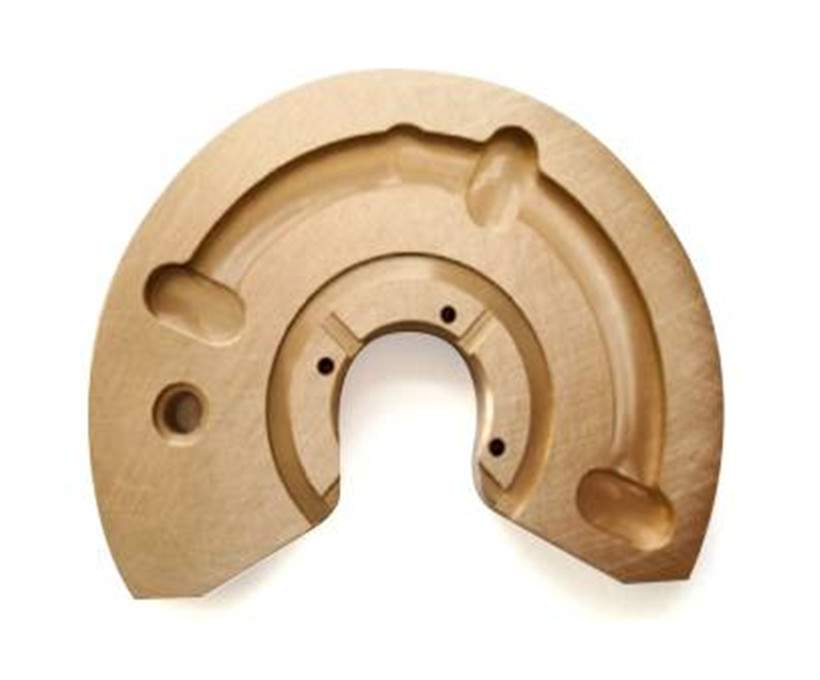Aerospace manufacturing is one of the most precision demanding industries in the world, with a wide range of components, from the production of aircraft and spacecraft to the manufacture of complex components, having to be manufactured to exacting standards.
The aerospace industry is built on the premise of using the most advanced and sophisticated equipment and trained personnel to produce parts and components. This level of accuracy is essential to ensure the safety, efficiency, and accuracy of the components. The manufacture of aerospace components begins with the selection of the right materials. In most cases, these will be metals, composites and polymers, depending on the application and use. Materials must be selected accurately, and drawings and technical specifications must be strictly followed during the manufacturing process. Once the material has been selected, the manufacturing process can begin. This process will vary depending on the type of part being manufactured. For example, parts that require high precision, such as engine parts, will be machined from solid blocks, while other parts, such as landing gear, can be assembled from parts.
The manufacturing process of aerospace components involves a wide range of processes, including stamping, extrusion, casting and machining. Each process is subject to strict manufacturing process control to produce components that meet the required specifications. After the components are formed, they are inspected to ensure that they meet the specified standards. This may involve visual inspection, measurements, or complex tests, such as X-rays or ultrasounds. Once the quality test is passed, the components are ready to be assembled.
Aerospace precision parts are important parts that must meet strict quality and safety standards. The process of making and inspecting these parts is complex and requires highly trained personnel and sophisticated equipment. With the right combination of materials, processes and testing techniques, aerospace precision parts can be manufactured to exacting standards.
Advantages of precision machining in aerospace component manufacturing
Precision machining is a key process that can determine the quality of the product in the manufacture of aerospace components. With the progress of technology and machinery, NC precision machining has become one of the most important processes in aerospace industry.
The first benefit of NC precision machining is its precision. With the help of advanced machinery and technology, parts can be machined within extremely tight tolerances and still have superior precision and accuracy. Because the resulting components will be able to withstand the extreme conditions experienced in flight and space.
The second benefit of CNC precision machining is cost effectiveness. Compared with traditional methods, the cost of parts processing is significantly reduced by using advanced machinery. As a result, manufacturers can produce higher quality components at lower cost, enabling them to remain competitive in the aerospace precision parts processing industry.
A third benefit of NC precision machining is its scalability. With the help of advanced precision machinery, manufacturers can easily scale up or down production according to their needs. This allows them to meet changing market demands, ensuring that they remain competitive in the aerospace industry.

